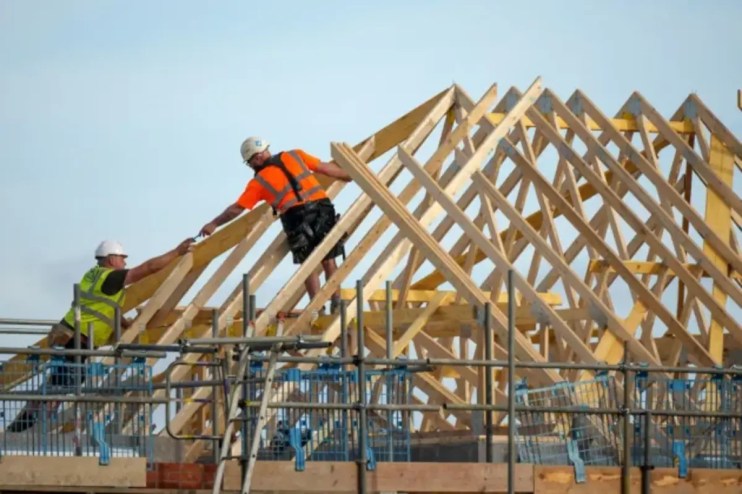Housing crisis ‘hampers growth’ but minister vows 1.5m target on track

The UK’s housing crisis “hampers economic growth and productivity”, the housing minister has said, as he insisted the target of 1.5m new homes can be achieved.
Labour pledged in its manifesto ahead of the election to deliver the 1.5m net additional dwellings over the course of the Parliament, ending in 2029.
It came in response to an analysis of housing shortages in Britain, with a study by the Centre for Cities finding last year that the UK has a backlog of over four million missing homes.
Fewer than 250,000 were built last year, the highest rate in a decade, the Centre found.
Speaking at the Housing, Communities and Local Government Committee in Parliament on Tuesday, Matthew Pennycook told MPs he was “convinced” the number would be hit.
“I am convinced it is deliverable and I believe it is essential, more importantly,” he said.
But he also acknowledged the target was “incredibly stretching”, and said he and housing secretary Angela Rayner had always been “completely candid” about that.
He added: “We could have picked a far less taxing target… but doing so, in our view, would have been an inadequate response to what is an acute and entrenched housing crisis in England.
“We have a generation now completely locked out of home ownership as a result of the steadily expanding gap between average house prices and average earnings.”
And Pennycook stressed that: “It’s not just the lives it blights, it’s also the impact on our economy… and also the situation we’re in hampers economic growth and productivity, constrains the full potential of our great towns and cities to realise their full potential.”
The government, he said, was “grappling with a difficult inheritance” on housebuilding, with a “constrained” supply and a “collapse” in affordable housing supply.
But he vowed: “We are absolutely confident it can be achieved. It will require the full five years – it is vulnerable to things that are outside our control, such as economic shocks.
“But we are we believe on course to achieve it because we’ve taken the first decisive steps.”
Pennycook cited actions ministers have already announced since taking office, including unveiling planning reforms, revising the National Planning Policy Framework (NPPF), accelerating delivery on large consented sites, and creating a new homes task force.
But he was pressed by MPs on why the department was not setting annual targets in order to measure progress towards the overall 1.5m goal.
He insisted this was done “deliberately”, due to the previous government aiming to build 300,000 homes a year which they “didn’t hit once in 14 years.
“There will be large amounts of housebuilding in the later years of this Parliament,” he added. “We’re in a trough – we’ve got to pull ourselves out of that trough.
“We’re not going to set interim annual targets [but] will continue to monitor and update Parliament on our progress.
“If we take forward every element of our plan… I’m confident we can hit that target by the end of the five years.”
And he suggested the government’s multi-year spending review – a process which evaluates departmental public spending across multiple years – when it reports back next spring would give more clarity.
“I do think it will become clear as to the trajectory we are on to meet the total 1.5m after we’ve settled the spending review next year,” Pennycook stressed.
“That will give us the amount of total government investment in social and affordable housing – an important contributing factor.”
